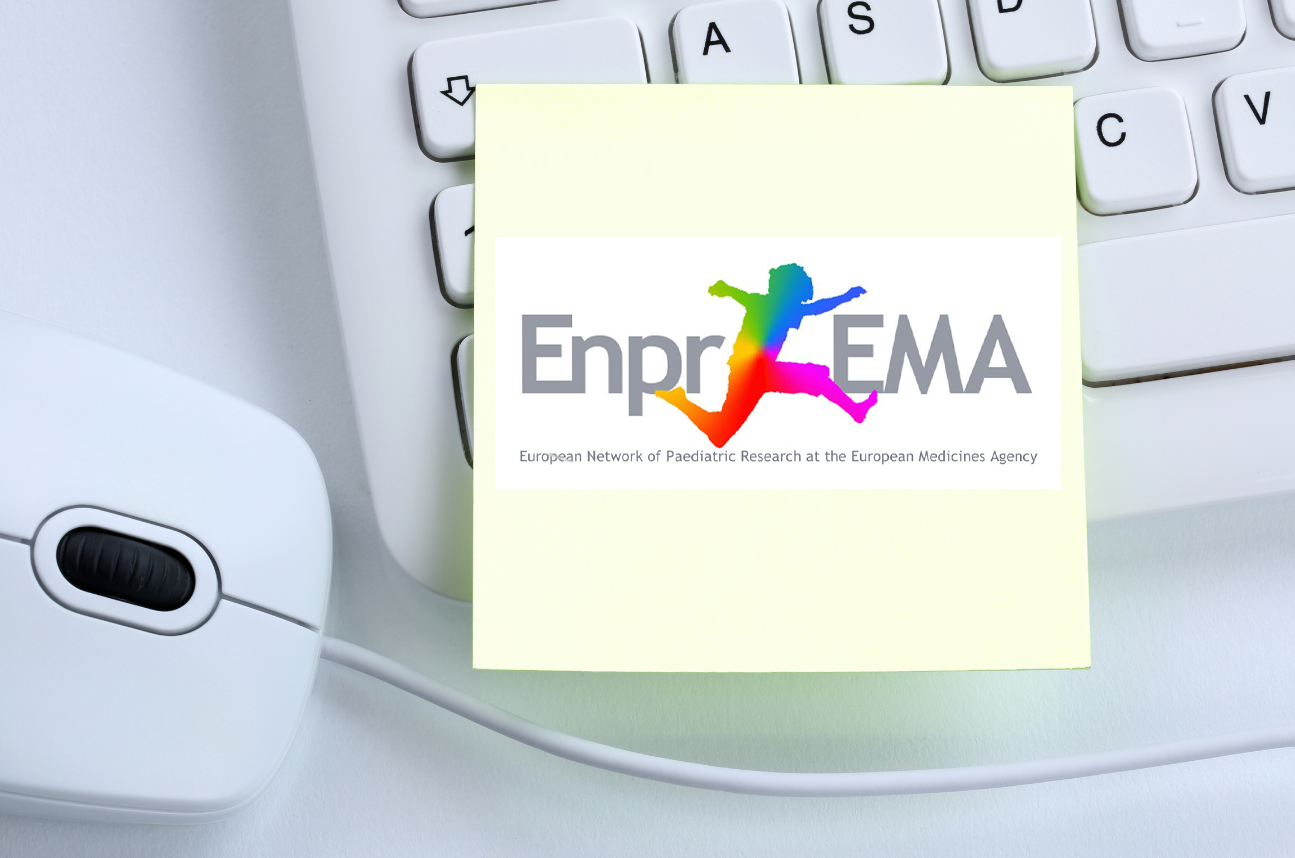 Last February 11, 2021, the European Forum for Good Clinical Practice (EFGCP) organised the webinar “Paediatric Clinical Trial Preparedness: New Enpr-EMA Guideline”.
Last February 11, 2021, the European Forum for Good Clinical Practice (EFGCP) organised the webinar “Paediatric Clinical Trial Preparedness: New Enpr-EMA Guideline”.
The European Network of Paediatric Research at the European Medicines Agency (Enpr-EMA) has been commissioned by the EMA Paediatric Action Plan to release a new guidance document in order to set out recommendations for clinical trial preparedness focusing specific actions to facilitate or hamper the conduct of trials in children.
The webinar was the occasion to discuss the recommendations come from multiple stakeholders and to understand how to operationalise these ideas in practice.
TEDDY Network was represented by Donato Bonifazi who held a presentation entitled “Research Network Point of View”. His presentation focused on the work done by TEDDY in gathering the feedback on the guidance from ERNs, Enpr-EMA Networks, Study Coordinators, CRO representatives, Patients Associations, and YPAGs representatives. For the purpose of the presentation he focused on the responses collected from six ERNs (European Reference Network on endocrine conditions, European Reference Network on epilepsies, European Reference Network on skin disorders, European Reference Network on urogenital diseases and conditions, European Reference Network on congenital malformations and rare intellectual disability, European Reference Network on paediatric cancer) and seven Enpr-EMA members (Finnish Investigators Network for Pediatric Medicines, Pediatric Rheumatology International Trials Organisation, TEDDY – European Network of Excellence for Paediatric Research, European Child & Adolescent Psychopharmacology Network, Medicines for Children Research Network Hungary, Swiss Paediatric Network, NeuroMuscular Diseases Network).
D. Bonifazi showed the main outputs which relate to the importance of the following considerations when planning the development of new paediatric medicines: rationale for treatment and how good the existing evidence base is, e.g. from animal and other studies; available data in adults on tolerability, safety, PK and PD; in-depth knowledge on the mechanism of action; targeting patients/diagnoses/age groups with medical unmet needs, potential impact of the treatments, choose meaningful treatment outcomes, feasibility of trials, appropriate design (i.e. lack of relapse prevention studies, implement methods to minimise placebo effect); databases of well characterised populations; patient and public involvement from day 0; rarity of condition, financial interests of pharma; simplified administrative procedures.
The presentation is available here.
